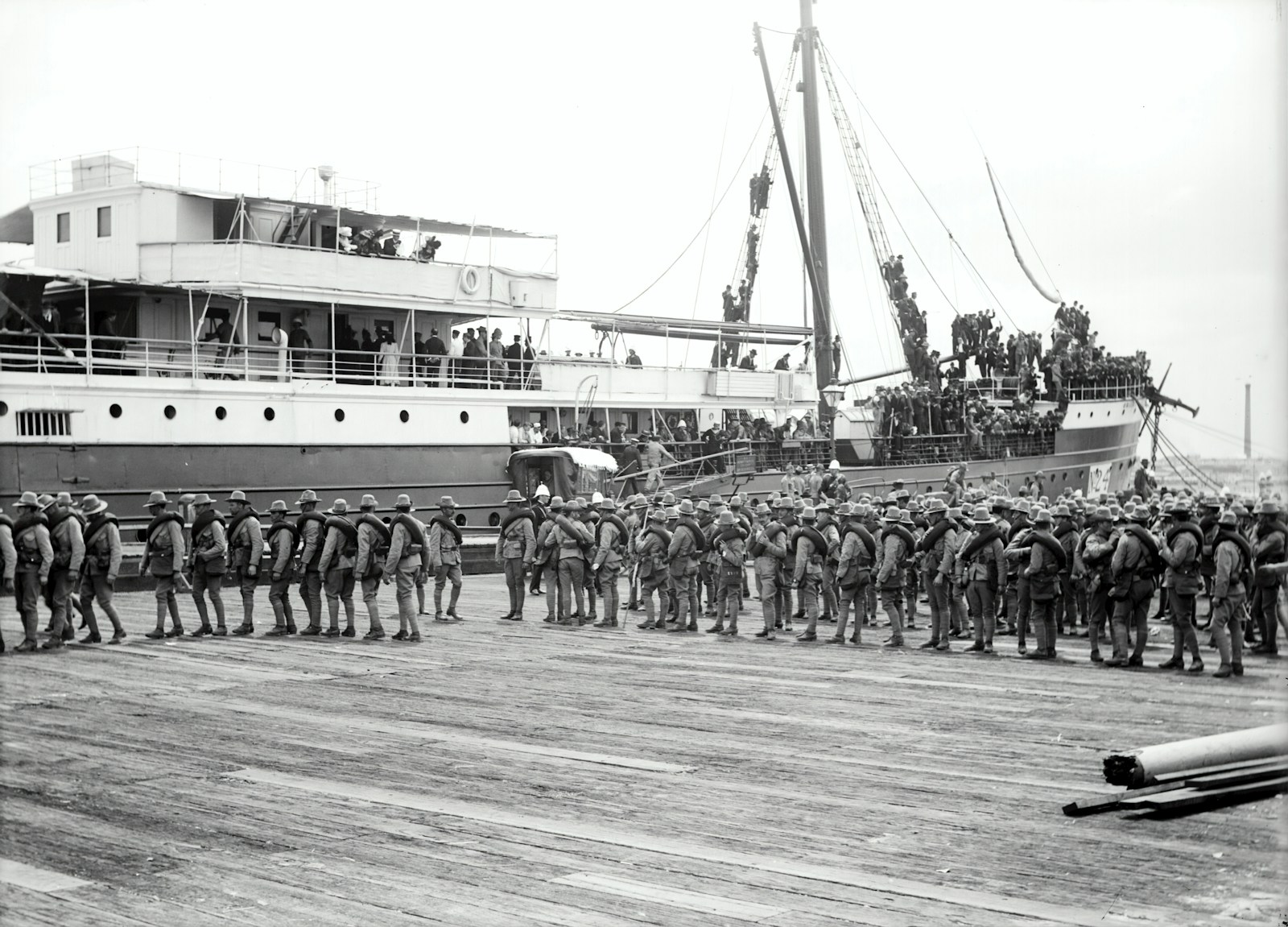
战争
zhànzhēng

war
The Chinese word for war is '战争'. It is used in a similar context as the English word 'war', representing a state of armed conflict or a prolonged conflict between states or nations. It would be used in the context of historical events, such as the World Wars (世界大战), or in discussing the concept or effects of war (如战争的影响).
Example sentences using: 战争
战争使人民遭受痛苦。
zhàn zhēng shǐ rén mín zāo shòu tòng kǔ.

War causes people to suffer.
This phrase illustrates how war brings suffering to people. It is used to express opposition to violent conflicts.
他的书是关于战争的故事。
tā de shū shì guān yú zhàn zhēng de gù shì.

His book is a story about war.
This phrase speaks of a book with a storyline directly related to war. It is often used when discussing literature about historical or fictional wars.
你对战争有何看法?
nǐ duì zhàn zhēng yǒu hé kàn fǎ?

What is your view on war?
This phrase is a question questioning someone's opinion or stance regarding war, often used during discussions or debates about war-related topics.
战争的影响是长期的。
zhàn zhēng de yǐng xiǎng shì cháng qī de.

The impact of war is long-term.
This phrase emphasizes the long-lasting effect of war, often used to highlight the negative consequences of war.
他们信奉和平,反对战争。
tā men xìn fèng hé píng, fǎn duì zhàn zhēng.

They advocate peace and oppose war.
This phrase is often used to describe individuals or organizations that promote peace and are against war.
战争改变了许多人的生活。
zhàn zhēng gǎi biàn le xǔ duō rén de shēng huó.

War has changed many people's lives.
This phrase underlines the dramatic influence of war on people's lives, often used in narratives related to war.
他在战争中丧生。
tā zài zhàn zhēng zhōng sàng shēng.

He died in the war.
This phrase states a person died during a war, often used in historical contexts or personal testimonials related to war.
战争产生了大量的难民。
zhàn zhēng chǎn shēng le dà liàng de nàn mín.

War has produced a large number of refugees.
This phrase highlights the issue of refugees resulting from war and is used to discuss the social impact of war.
他专门研究战争历史。
tā zhuān mén yán jiū zhàn zhēng lì shǐ.

He specializes in studying war history.
This phrase describes someone who focuses on the field of war history, indicating a deep interest or professional focus on war-related historical events.
战争并不能解决问题。
zhàn zhēng bìng néng jiě jué wèn tí.

War does not solve problems.
This phrase is a form of protest against war, emphasizing the idea that violence is not the answer to problems. It is often used in speeches or discussions advocating for peace.